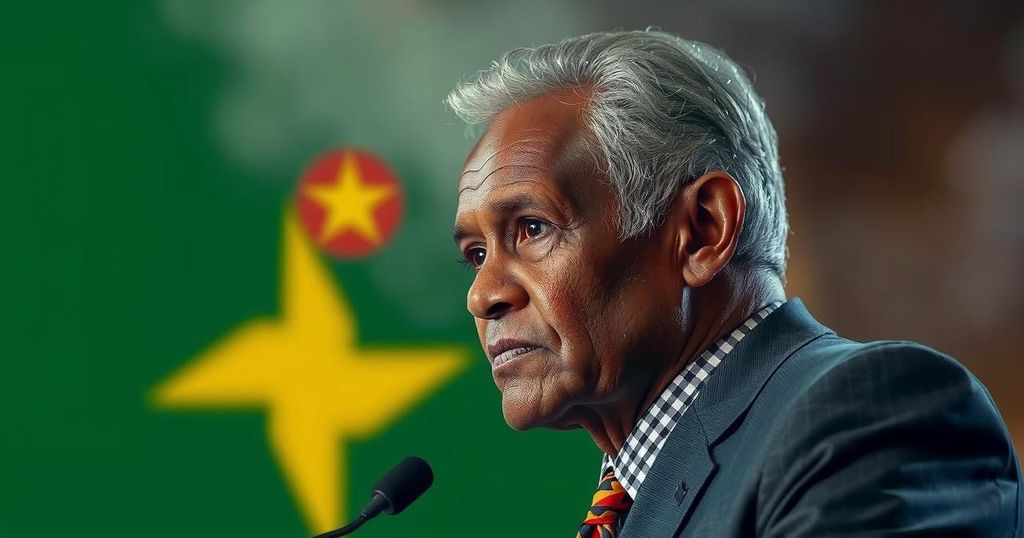Sudan faces the risk of becoming a failed state due to a power struggle between the military and the RSF. The Norwegian Refugee Council head, Jan Egeland, warned of widespread starvation and a humanitarian crisis as civil society disintegrates amidst armed conflict. Without international aid intervention, the situation is predicted to worsen drastically.
Sudan is perilously close to becoming a failed state, with its civil society crumbling under the weight of numerous armed groups, warned Jan Egeland, head of the Norwegian Refugee Council (NRC), in an interview with the BBC. Amid the ongoing violent conflict between the Sudanese army and the paramilitary Rapid Support Forces (RSF), additional smaller ethnic armed factions have emerged, exacerbating the plight of civilians.
For nearly nineteen months, a devastating power struggle has persisted between the army and the RSF, resulting in the displacement of over 10 million individuals and pushing the nation toward the brink of starvation. Mr. Egeland emphasized the sheer scale of the humanitarian crisis, observing that the situation is characterized by escalating hunger and unprecedented displacement.
The World Health Organization (WHO) has reported widespread starvation in Sudan, indicating that the humanitarian response is insufficient, with crucial aid sources faltering. Soup kitchens have shuttered due to lack of funding, with Mr. Egeland stating that current aid efforts merely prolong suffering rather than preventing death.
He also highlighted the alarming prediction that up to 2.5 million people may succumb to hunger by the year’s end. Egeland lamented that the global community is failing to adequately support Sudan, urging European nations to invest in humanitarian aid, protection, and peace-building efforts in the region to avert a potential refugee crisis.
Despite the extensive death toll stemming from the civil war, peace negotiations between the RSF and the army remain unfruitful, with Egeland noting that an end to the conflict hinges on the warlords reassessing their positions regarding the costs of continued fighting versus pursuing peace.
The conflict in Sudan has deepened significantly over the past nineteen months following a power struggle between the Sudanese Armed Forces and the Rapid Support Forces. This situation has resulted in widespread violence, the recruitment of various ethnic militias, and a humanitarian disaster characterized by millions of displaced individuals and rampant starvation. As armed factions disrupt civil society, the international community faces increasing pressure to provide aid and support, as the consequences of inaction threaten not only the people of Sudan but regional stability as well.
In conclusion, Sudan stands at a critical juncture, where the rapid deterioration of its situation suggests an impending transition to a failed state. With humanitarian needs escalating and vital food supplies dwindling, the international community, particularly Europe, must act decisively to address the crisis. Continued conflict without intervention risks not only increased humanitarian disasters but also the possibility of mass displacement and regional instability.
Original Source: www.bbc.com






